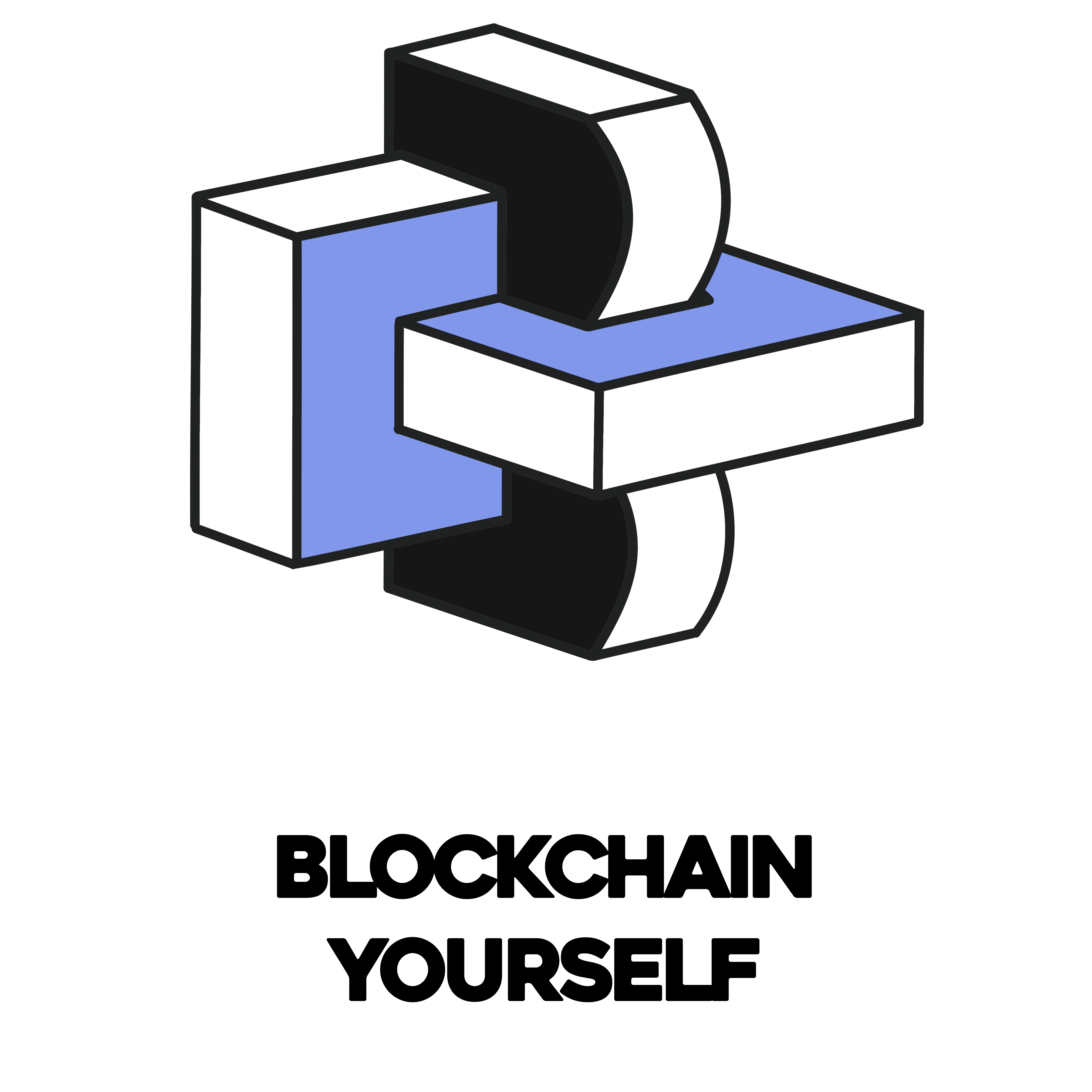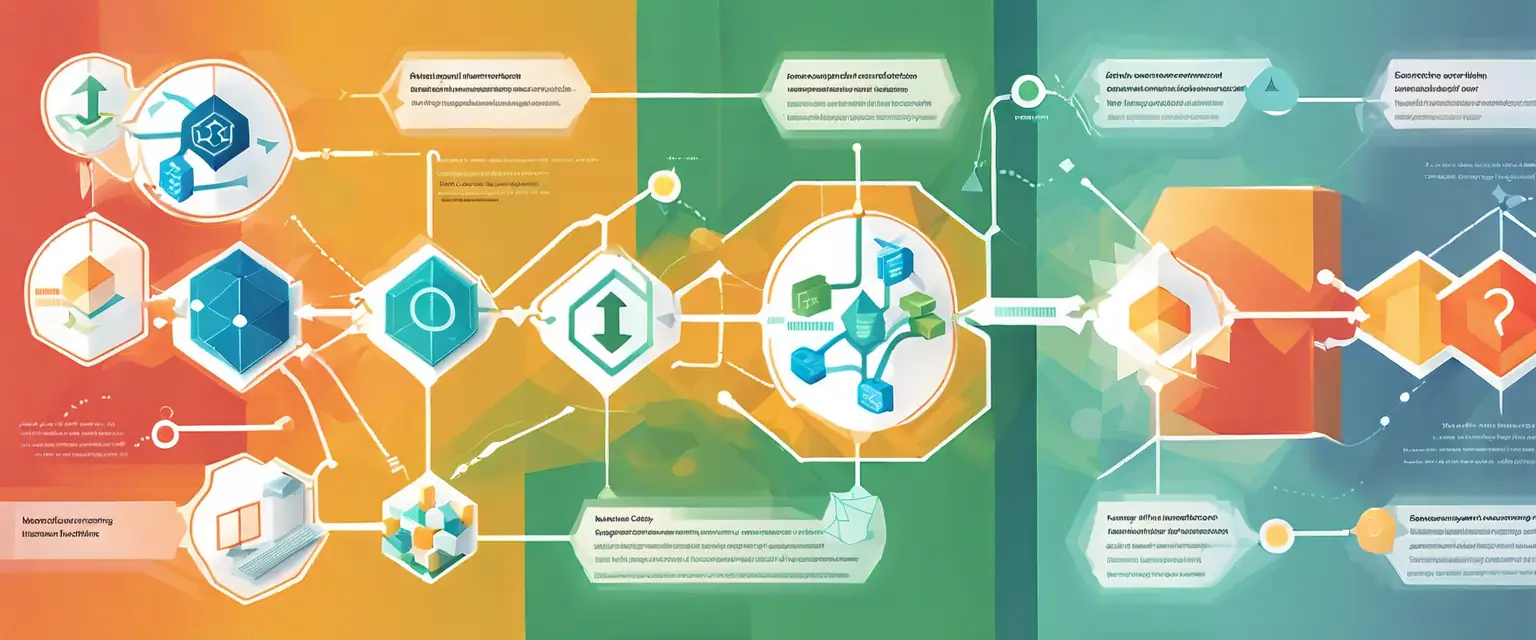Blockchain technology is revolutionizing the way we think about data security and identity management. At its core, blockchain is a decentralized ledger that records transactions across many computers, ensuring that the data cannot be altered retroactively. This technology provides a level of transparency and security that is unmatched by traditional systems. As we delve deeper into the implications of blockchain, it becomes clear that it has the potential to redefine our understanding of personal identity in the digital realm.
One of the most significant advantages of blockchain is its ability to give individuals control over their own data. In a world where data breaches are becoming increasingly common, the decentralized nature of blockchain offers a solution that empowers users. By allowing individuals to manage their own identities, blockchain technology mitigates the risks associated with centralized data storage. This shift not only enhances security but also fosters trust between users and service providers.
As we continue to explore the applications of blockchain in social identity management, it is essential to consider the ethical implications. The ability to control one’s own identity raises questions about privacy, consent, and the potential for misuse. However, with proper regulations and a focus on user empowerment, blockchain can pave the way for a more secure and equitable digital future.




